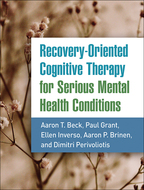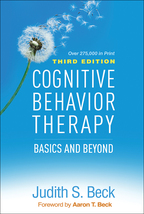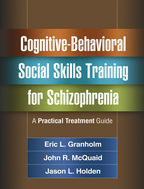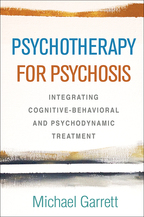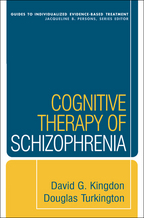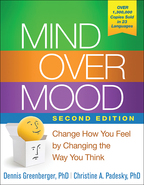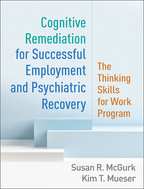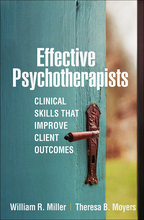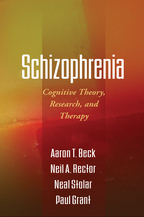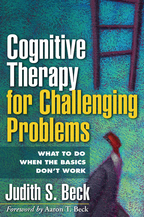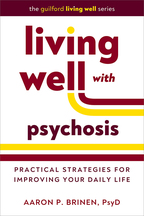Recovery-Oriented Cognitive Therapy for Serious Mental Health Conditions
Aaron T. Beck, Paul Grant, Ellen Inverso, Aaron P. Brinen, and Dimitri Perivoliotis
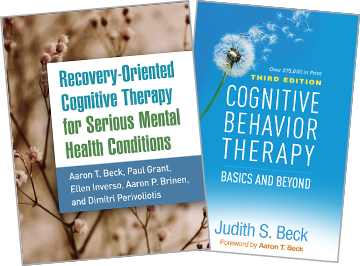
1. Introduction to Recovery-Oriented Cognitive Therapy 
2. Mapping Recovery: Developing a Plan for Transformative Action
3. Accessing and Energizing the Adaptive Mode
4. Developing the Adaptive Mode: Aspirations
5. Actualizing the Adaptive Mode: Positive Action
6. Strengthening the Adaptive Mode
II. Empowerment for Common Challenges
7. Empowering When Negative Symptoms Are the Challenge
8. Empowering When Delusions Are the Challenge
9. Empowering When Hallucinations Are the Challenge
10. Empowering When Communication Is the Challenge
11. Empowering When Trauma, Self-Injury, Aggressive Behavior, or Substance Use Is the Challenge
III.CT-R Contexts
12. Individual CT-R for the Sole Provider
13. The CT-R Inpatient Service
14. CT-R Group Therapy
15. Families as Facilitators of Empowerment
Appendices
- A. CT-R Terminology
- B. Blank Recovery Map
- C. Recovery Map How-To Guide
- D. Suggestions for Activities to Access the Adaptive Mode
- E. Blank Activity Schedule
- F. Blank Chart for Breaking Aspirations into Steps
- G. Interventions for Individuals Experiencing Negative Symptoms
- H. CT-R Benchmarks

